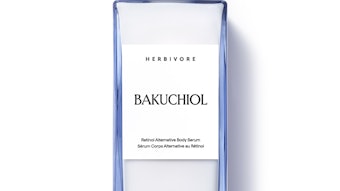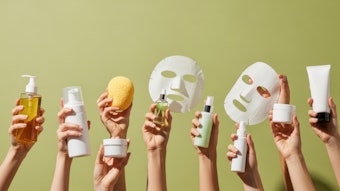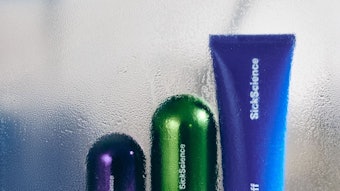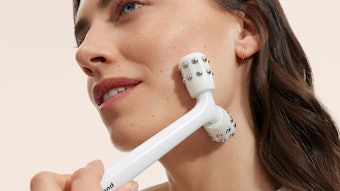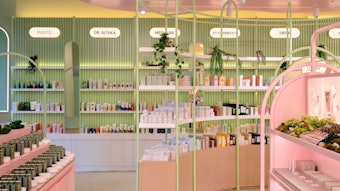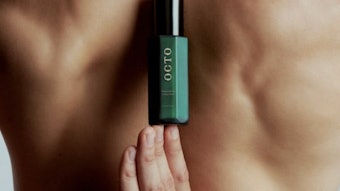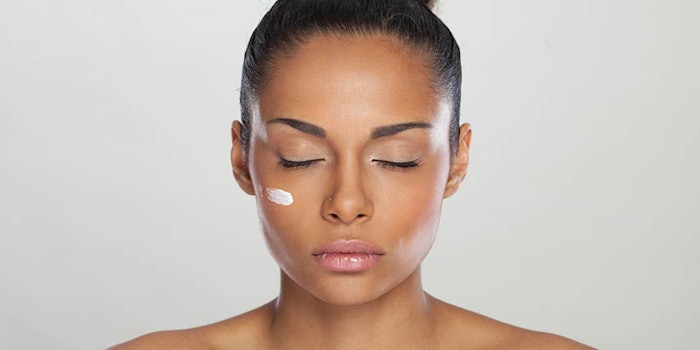
The global cosmetic skin care market will expand at a CAGR of 5.1% through 2024, to reach more than $200 billion by the end of the forecast period, according to Transparency Market Research (TMR). No wonder money is pouring into prestige skin care, including:
- Tengram's investment in Algenist
- Unilever's purchase of Dermalogica
- Shiseido's acquisition of RéVive
Expansion will be led by anti-aging products, with sales of more than $44 billion by 2024. During the forecast period, the top five brands (L'Oreal S.A., Unilever Group, Procter & Gamble, Beiersdorf AG and Avon Products) will comprise a bit more than 45% of the market.
"The potential of 'natural' and organic cosmetic products is huge as an increasing number of consumers are becoming more aware of the ingredients in skin care products."
A rising number of older consumers will of course boost these numbers, particularly in countries like China, Germany, Japan, Italy and the United States.
"Interestingly, the demand for anti-aging products is not restricted only to the aging consumer group," TMR notes. "Women over the age of 30 have also been contributing significantly to the demand for anti-aging creams and lotions."
Natural/organic products will also drive growth.
"The potential of 'natural' and organic cosmetic products is huge as an increasing number of consumers are becoming more aware of the ingredients in skin care products," TMR notes. "The inclusion of this product segment in the portfolio can prove to be immensely lucrative for players."
In addition, wrinkle-minimization and multi-utility products will aid skin care's expansion, as will the markets of Asia Pacific (the largest) and Middle East/Africa (the fastest growing).
